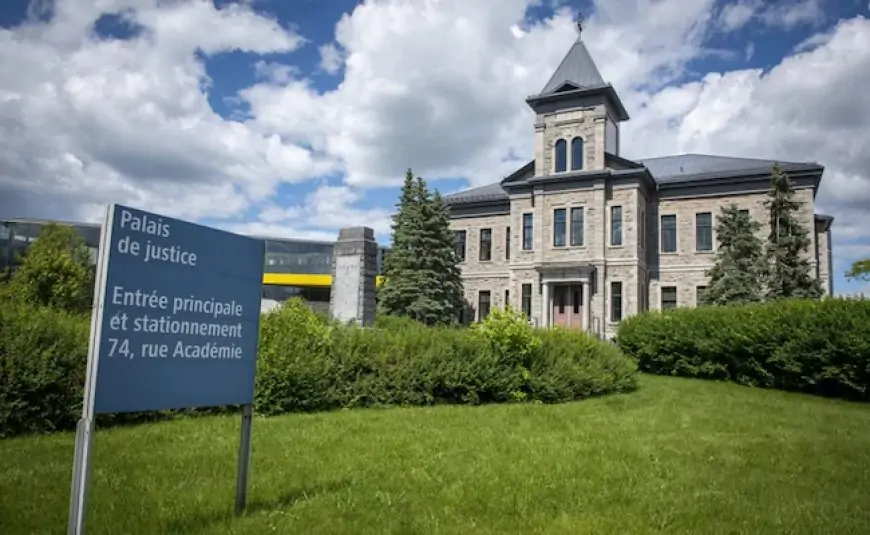
Sexual assault stays underreported in Canada's Quebec.
Join our subscribers list to get the latest news, updates and special offers directly in your inbox


Sexual assault stays underreported in Canada's Quebec.
For more on news and current affairs, please visit Socially Trend.







SociallyTrend.com is an Entertainment News Portal. It shares the Latest Entertainment News and Updates we provide the latest updates on various topics globe.
Memes 11 sec read
Memes 15 sec read
Memes 27 sec read
This site uses cookies. By continuing to browse the site you are agreeing to our use of cookies.